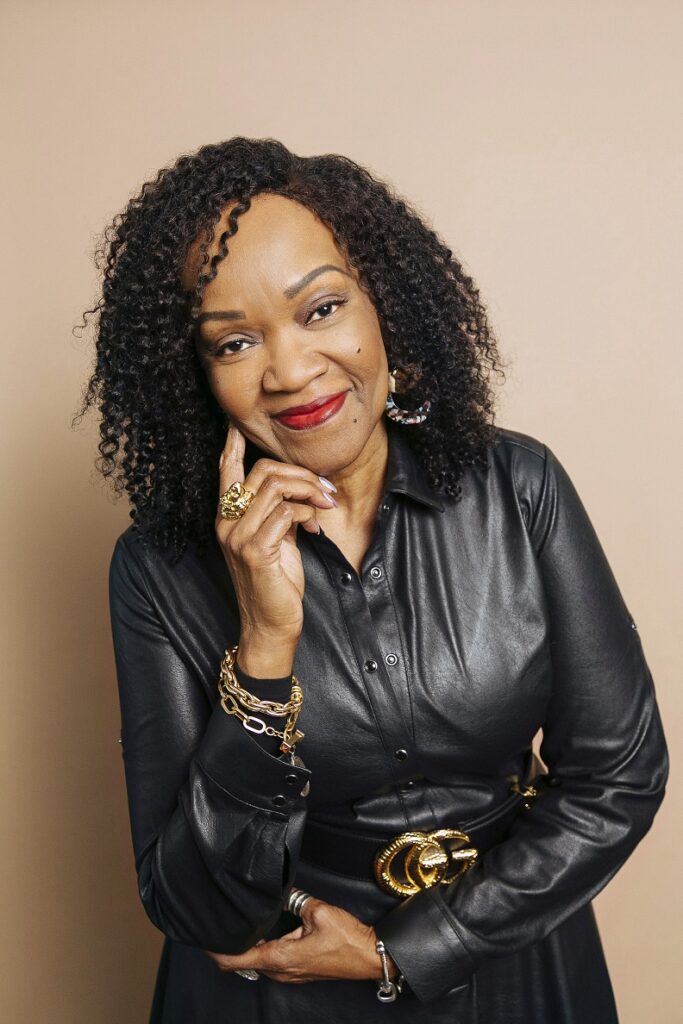The path forward — how increasing access to capital for Black-owned businesses begins to unlock equitable prosperity
4 min read
March 05, 2021 • Block Advisors
By Gwendolyn Grant
We’ve all seen the data points.
- The National Bureau of Economic Research estimates that more than 41% of Black-owned businesses closed for good since the start of the COVID-19 pandemic a year ago.
- One analysis showed less than 2% of the first round of PPP loans going to Black owned businesses.
- H&R Block’s survey results showing more than half of Black business owners reporting a revenue decrease of 50% or more compared to only 37% of white business owners since March 2020.
- The company also found that Black business owners were more likely to report trouble establishing a strong digital presence and more likely to experience late or delinquent payments from customers.

While all small businesses need a lot of help, from marketing to digitization to networking, it’s access to capital that is so desperately needed right now, especially those that have seen disproportionate impacts from this pandemic.
And it is access to capital that has been historically so guarded and so difficult to acquire for Black business owners. While we may no longer endure blatant, systemic, racist policies at banks and other commercial lenders, the legacy of those policies continues to halt equitable prosperity today. Redlining, predatory lending, disproportionately high rates of interest and loan rejections are all symptoms and legacies of overtly racist fiscal policies that are still felt in our communities today.
Unfortunately, this comes as no surprise for the Black community. We’ve endured centuries of inequality, structural racism, and long-entrenched systems designed to help only a few chase the American dream. It has been incredibly difficult for historically underrepresented business owners to access capital, even before the pandemic began. While the Federal Reserve reported that Black-owned businesses were the most likely to have applied for bank financing, less than 47% of their applications were fully approved and funded. The Stanford Institute for Economic Policy Research found that in the first year of business, a white business owner was seven times more likely to get a bank loan than a Black business owner.
So, our Black business owners are twice as likely to be rejected for a loan and twice as likely to fail as a business — all before you start to layer in the universal difficulties of starting, running and growing any small business.
All of this is why we’re so excited about the pilot program in partnership with H&R Block and Block Advisors. It’s a desperately needed step in the right direction. In the absence of government intervention and more equitable practices, our country (and the world) needs more companies to rethink the way they engage, source, and partner with historically underrepresented populations. Rather than the traditional, homogenous networks that spurred prosperity for a few, we all have a responsibility for taking a broader, diverse, and inclusive view.
For the Urban League of Greater Kansas City and Block Advisors, that work will begin with helping our Black-owned businesses to improve financial management, tax compliance, bookkeeping, and payroll — all in preparation for trying to gain access to capital. We’ll also provide free credit repair services, marketing coaching, digitization counseling, and more.
The journey to get here has been hard, and tiring. But a new journey starts now and I’m hopeful for the future. Hopeful that more Black and other historically underrepresented entrepreneurs and small business owners benefit from the same networking and assistance that’s been afforded to others, and access to capital becomes more inclusive, and all of our communities come out of this pandemic and begin to prosper.

About the Author
Gwendolyn Grant serves as president and CEO of the Urban League of Greater Kansas City.
In addition to providing leadership and direction for advancing all Urban League programs and its mission, Gwendolyn Grant is engaged in numerous civic and community organizations, including the Missouri Coordinating Board for Higher Education and Workforce Development, Founder of the COVID-19 Collective Impact Collaborative, Greater Kansas City Chamber of Commerce Tax Incentive Reform Task Force, Park University Advisory Council, President of the Kansas City Public Schools (KCPS) Buildings Corporation Board, KCPS Superintendent’s Business/Economic Development Advisory Council, Citizens to Abolish Poverty Education Committee, Black/Brown Coalition, YMCA QALICB Inc., Board of Directors, YMCA System-Wide Diversity and Inclusion Council, and more.



